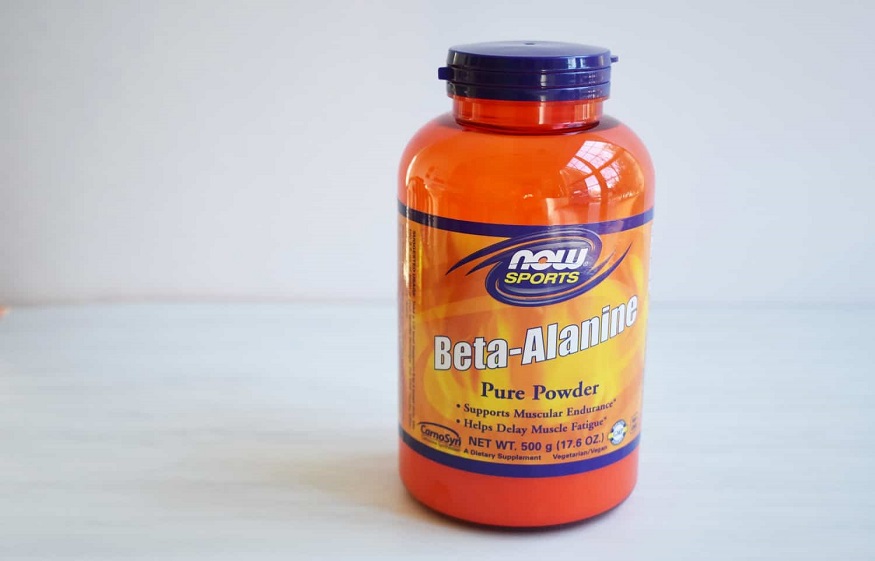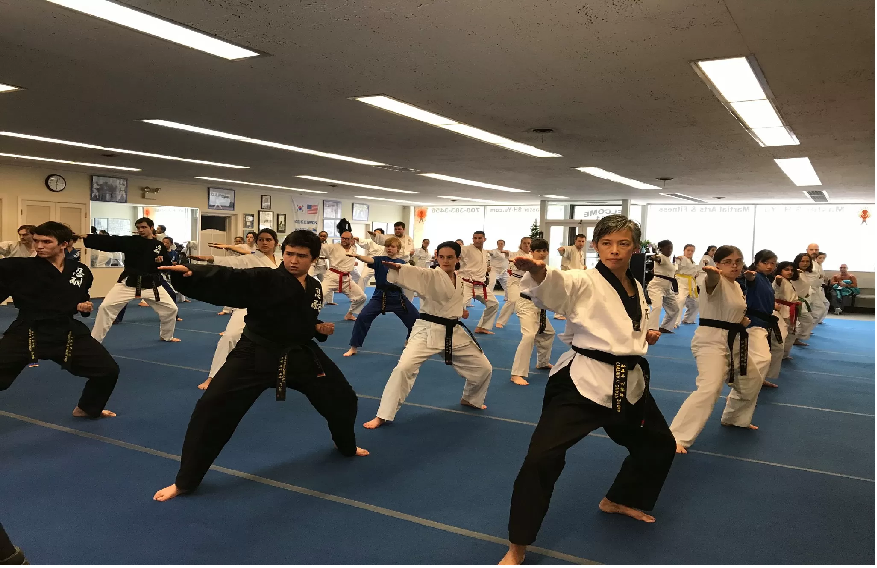Sports Nutrition- 5 Important Things That No one Tells You About
Spots nutrition and sporting performance are intertwined. Whether you play hockey, football, tennis, it’s critical to ensure the right nutritional balance. Luckily, various foods can supply your body with essential nutrients. You may also need dietary supplements to improve your energy and endurance. However, you’ll benefit more if you understand the major aspects of sports nutrition.
Here are key things to note about sports nutrition:
1. A healthy diet improves your health.
A balanced diet is vital for all. It helps keep infections at bay and supplies your body with the right nutrients for improved performance. You burn lots of calories during intense workouts. Therefore, you need high-energy and protein-rich foods to replenish the lost nutrients. Fruits and vegetables are also vital. They help sustain good bacteria colonies in the gut, and an inadequate intake results in a high body fat percentage, which affects your performance.
2. A balanced diet works better with supplements.
You may have a balanced diet every day, but an athlete on dietary supplements will always have an edge. The reason? You’ll unlikely get all the essential nutrients from your diet plan, and a supplement will furnish your body with the right nutrients.
Most pre-workout supplements contain caffeine, beta-alanine, nitrates, amino acids and more. However, any pro athlete will advise you to supplement your diet with beta-alanine supplements. They will help reduce muscle fatigue, raise your exercise capacity and improve your overall performance.
3. Meal frequency is key!
You may skip meals when working out for long hours, but this isn’t advisable. By skipping meals, you won’t get adequate energy for your workouts. This can result in high body fat levels and lower lean mass, affecting our athletic excellence. Again, infrequent meals may affect your appetite leading to lower caloric intake.
4. A high protein diet works!
As an athlete, your protein demands are higher, and you need double the amount of protein than non-athletes. However, most athletes fail to understand that it’s not just about the quantity. How you consume the protein and the amount matters. Eat at the right time to achieve a good energy balance. Not taking all meals or overeating will do more harm than good.
5. There’s no perfect food!
You may want to keep eating the same type of food since it offers considerable health gains. But, this isn’t wise. You’ll benefit more by mixing different food types since you’ll get a good blend of nutrients. Too much of anything is risky, can negatively affect your health.
Also, you need high energy levels and can only get this from a wide variety of food sources. Take frequent meals, and be sure to get adequate energy to support your exercise regime. Remember to drink lots of water and fruit juices to avoid dehydration.
The bottom line
What you eat determines your health and athletic performance. To reap the benefits, consume a wide variety of foods. Moreover, incorporate dietary supplements into your sporting nutritional plan. If unsure of the best foods and supplements, consult a nutritionist for tips and guidance.



